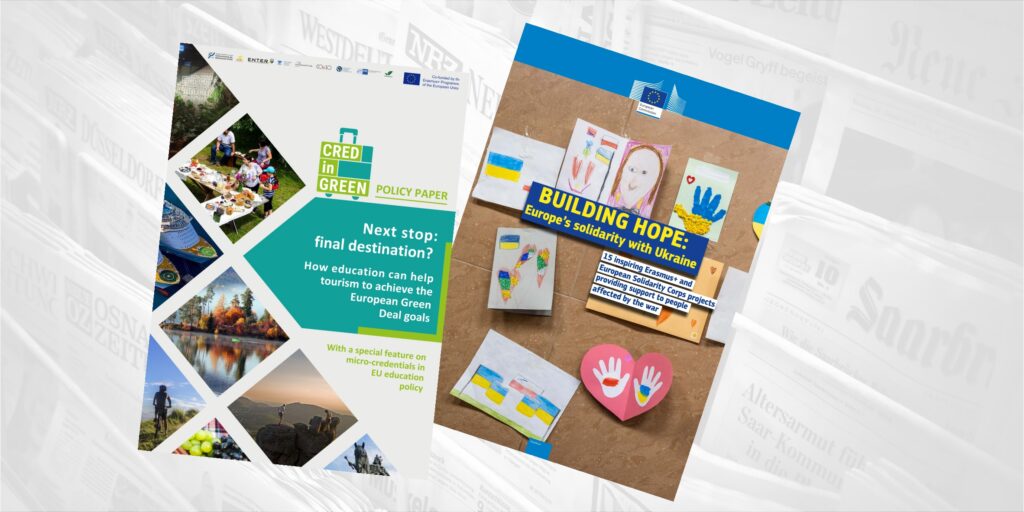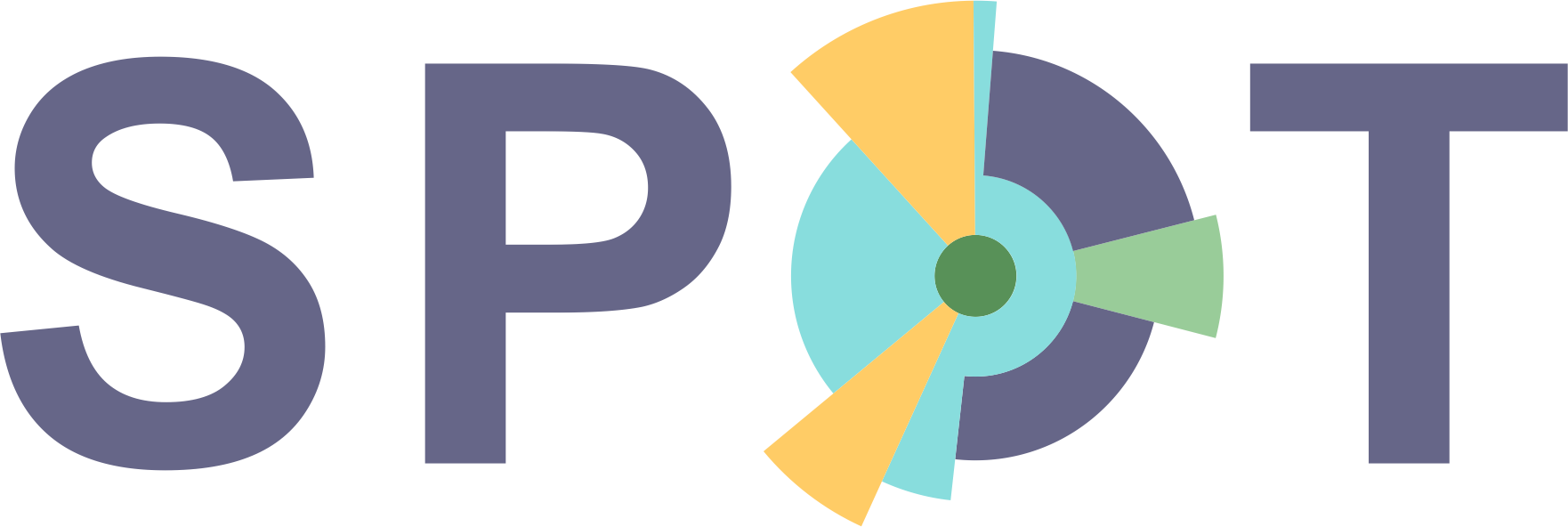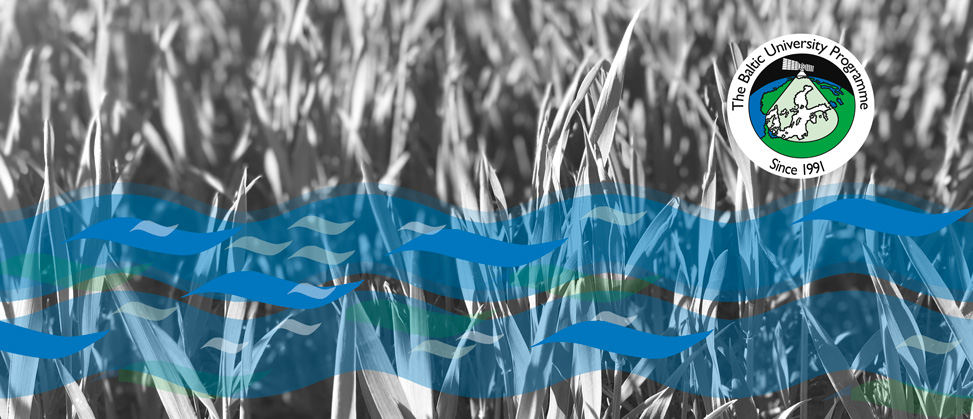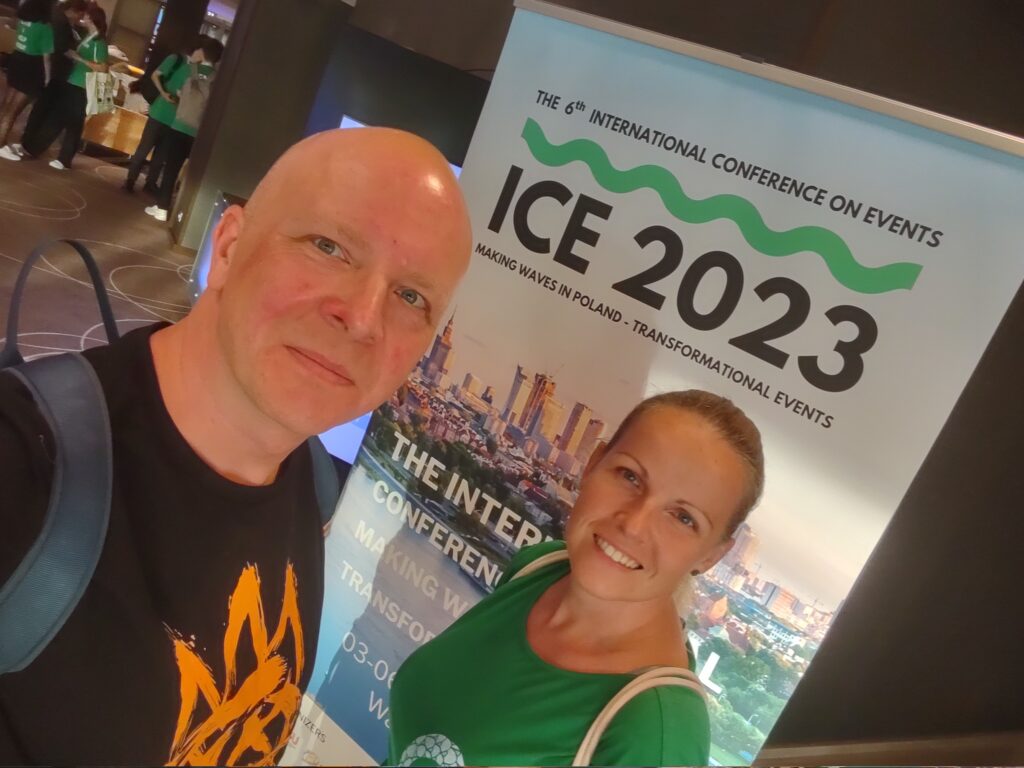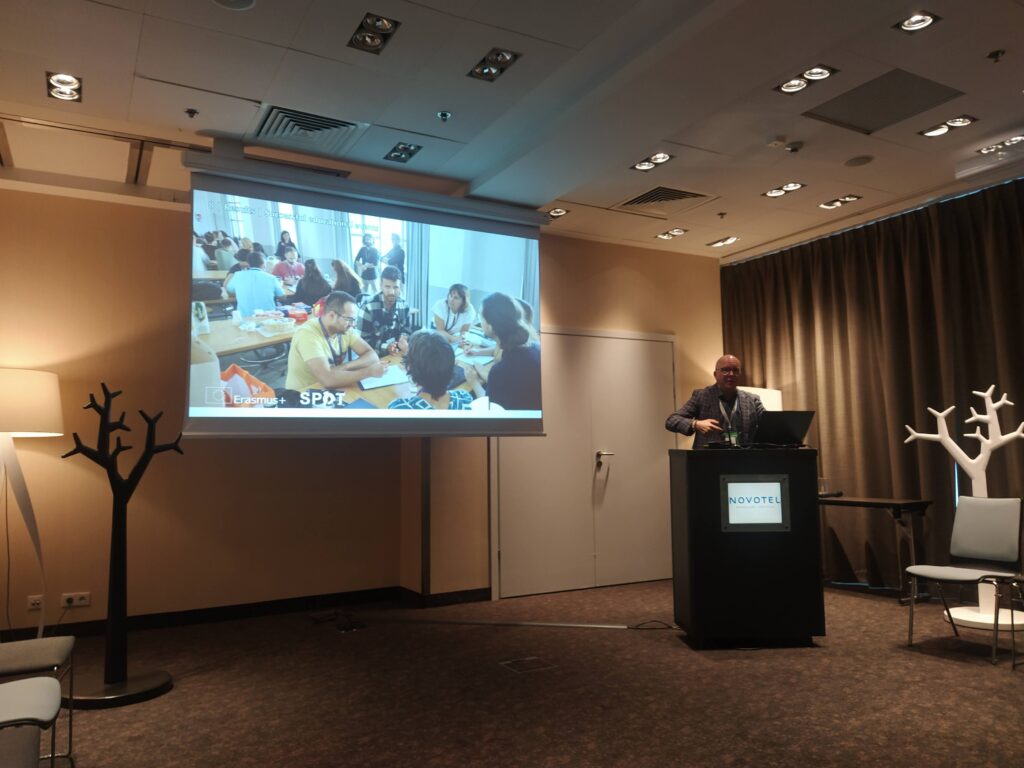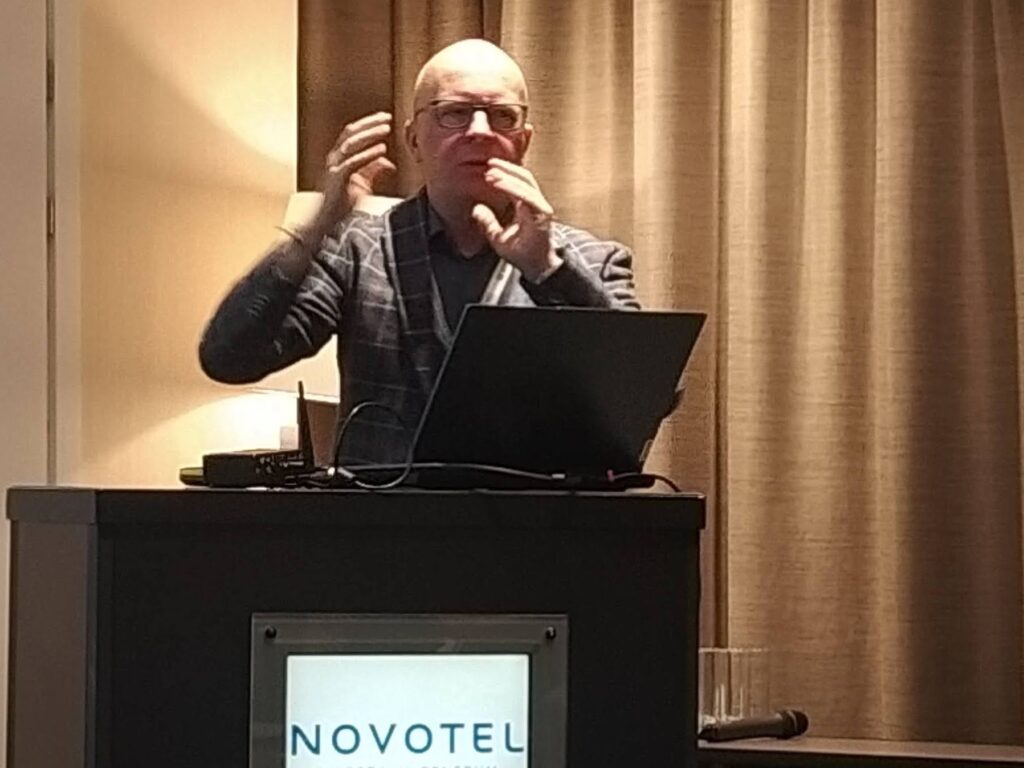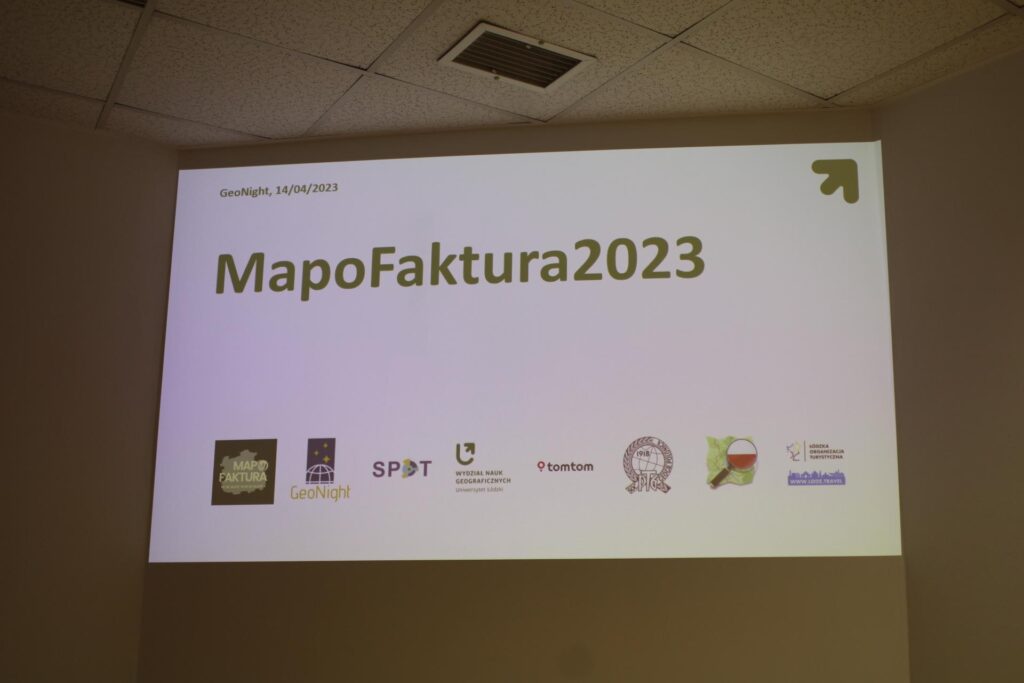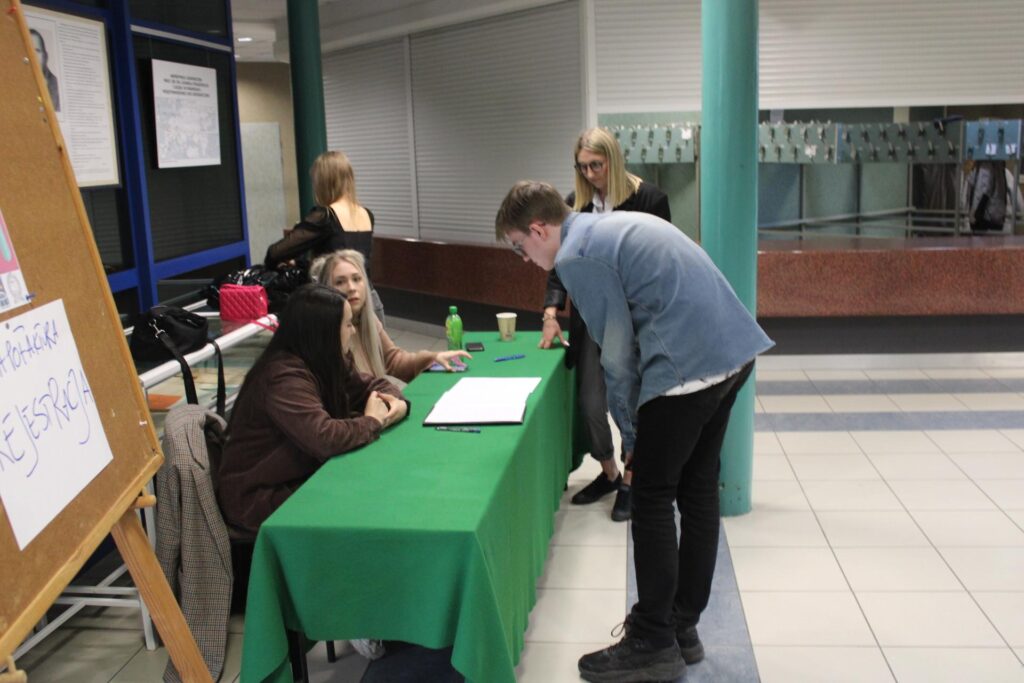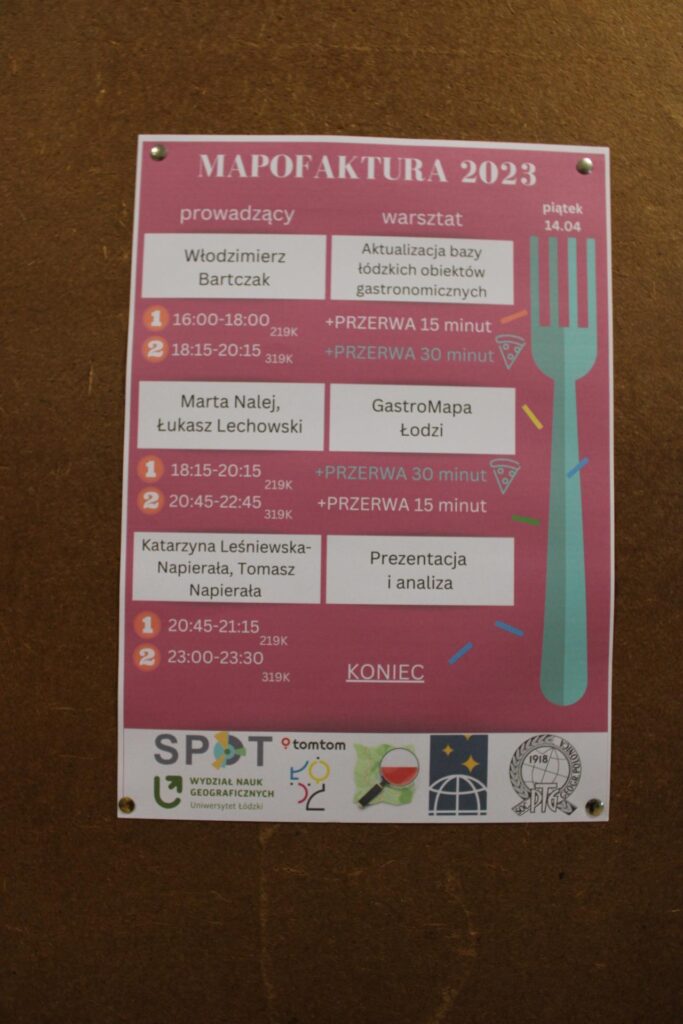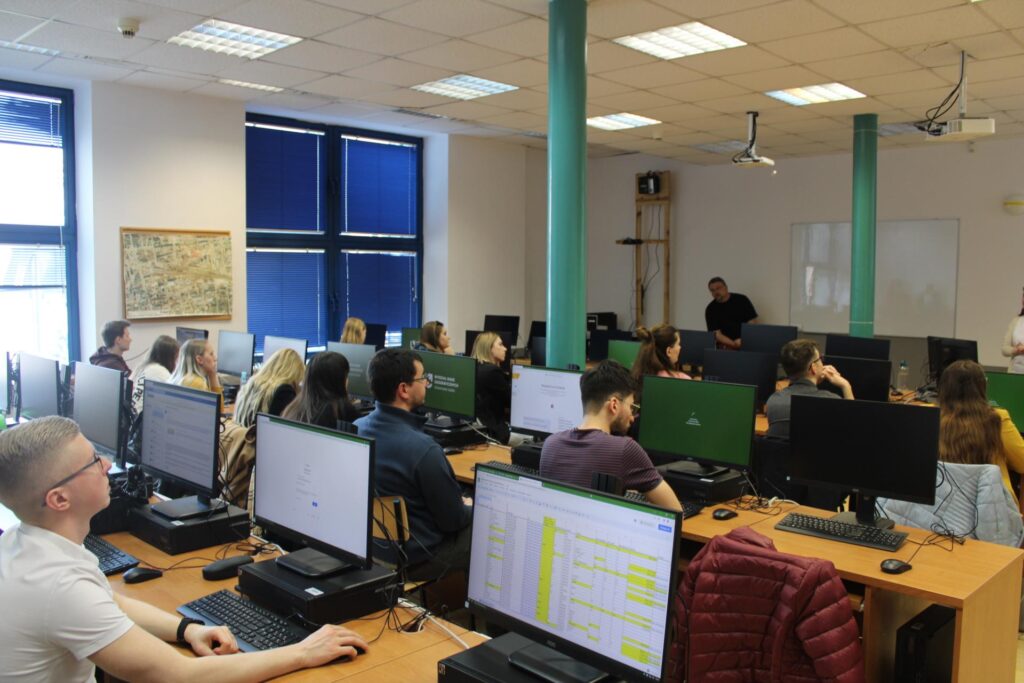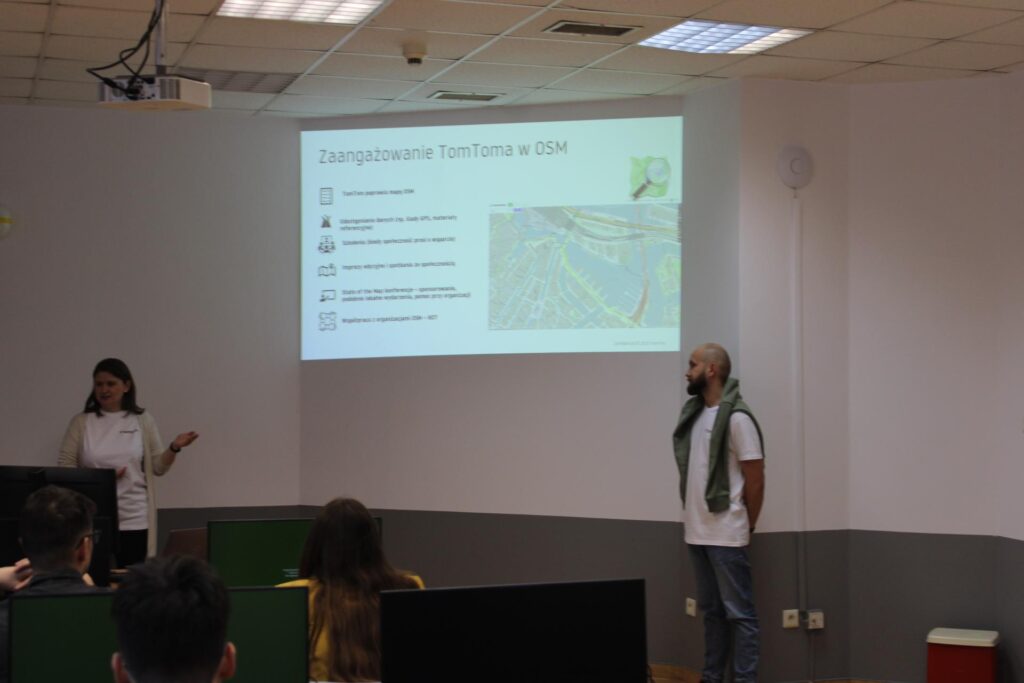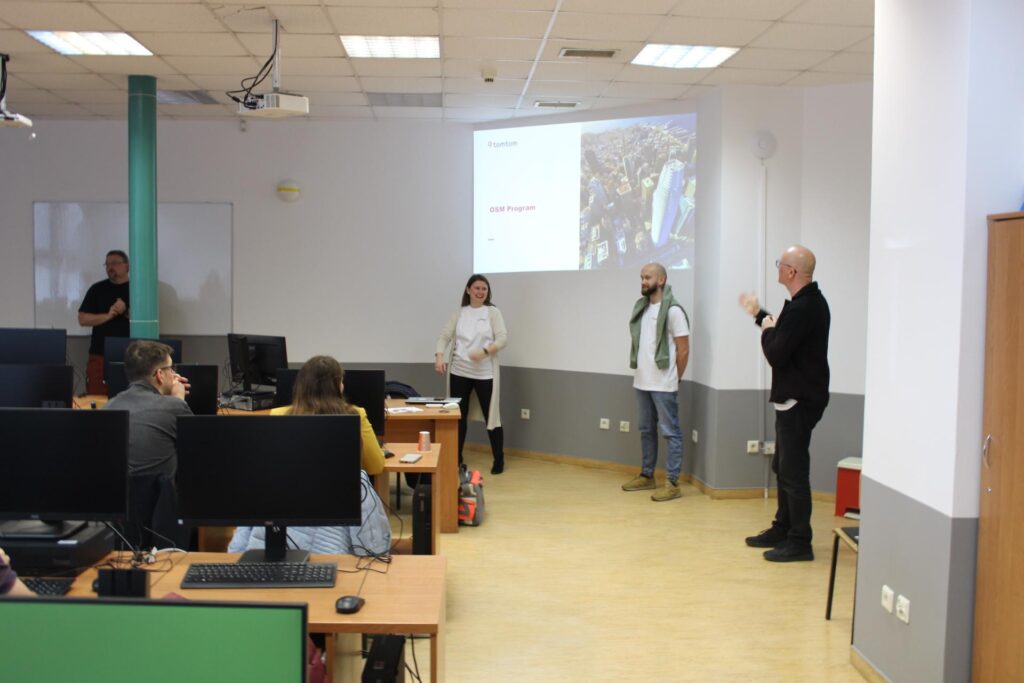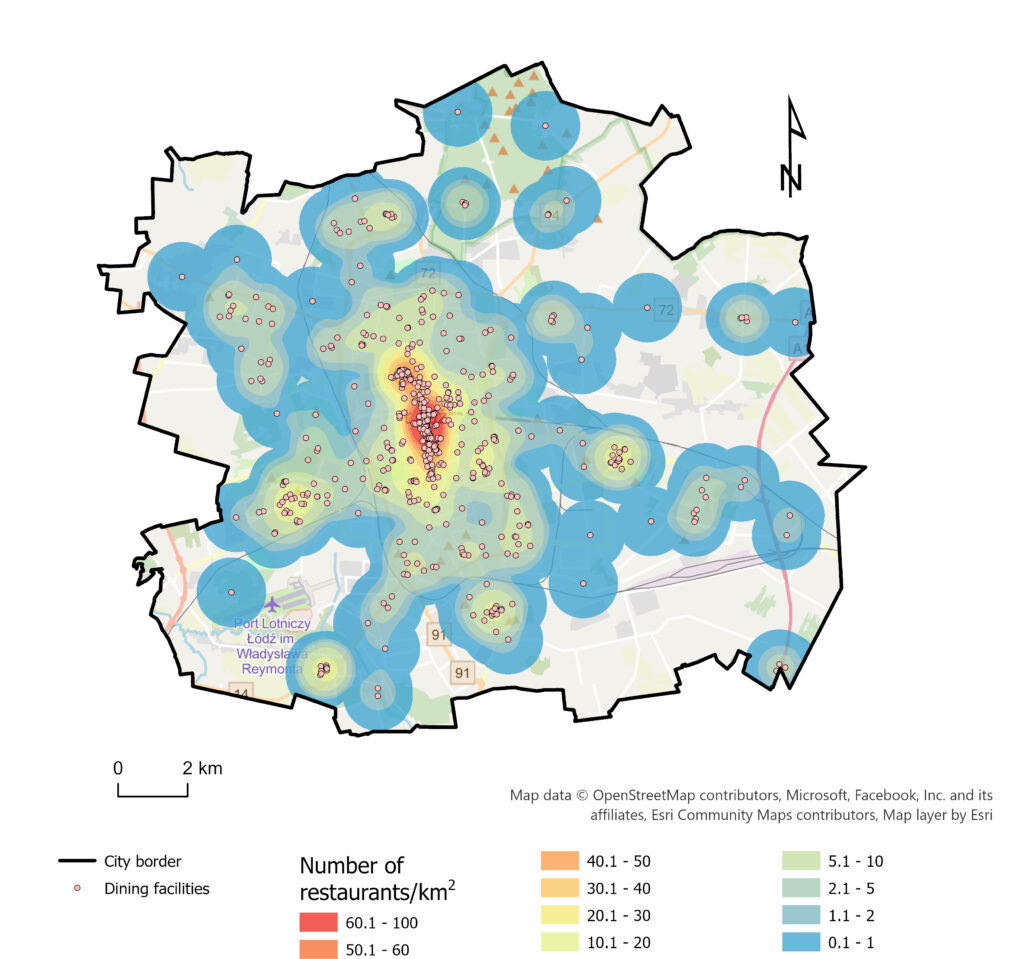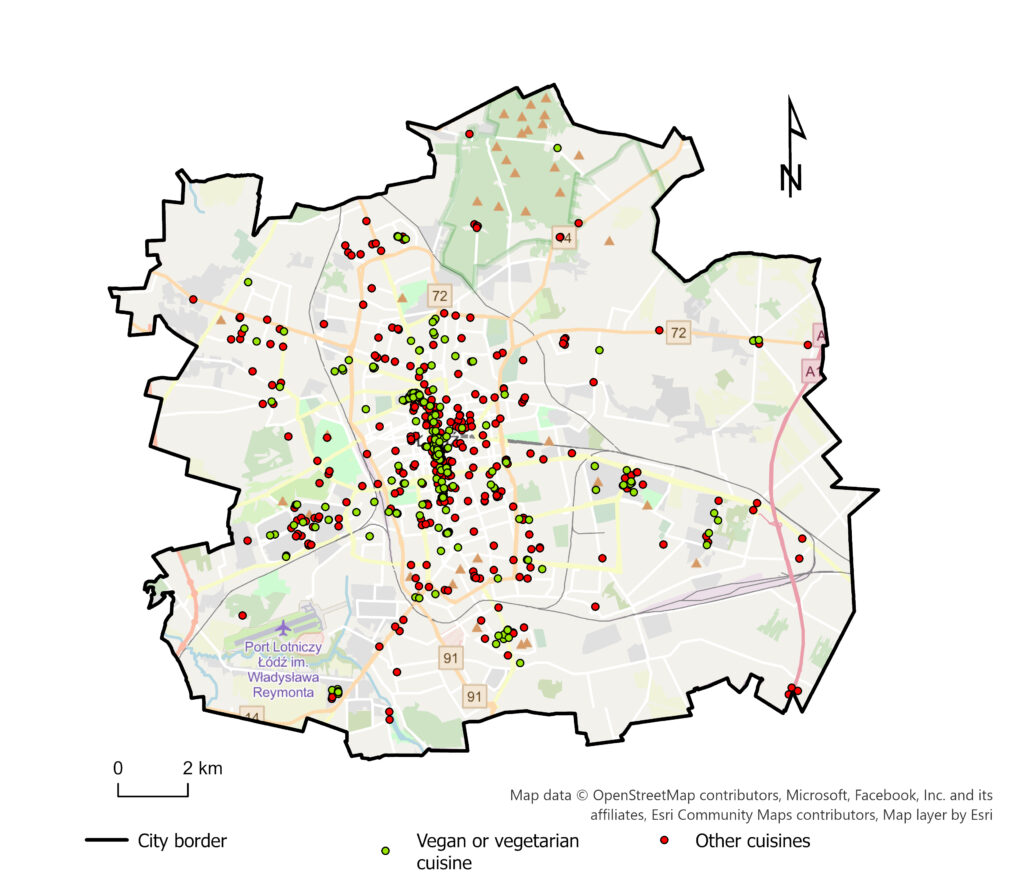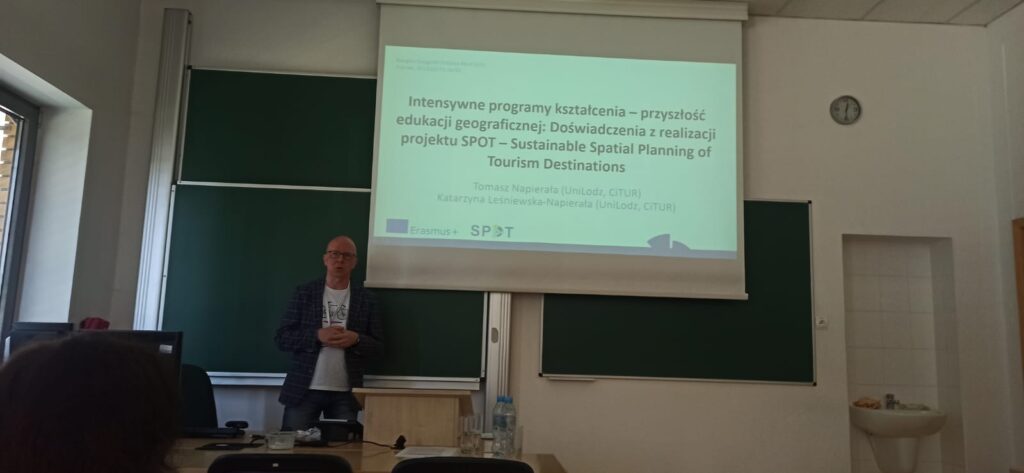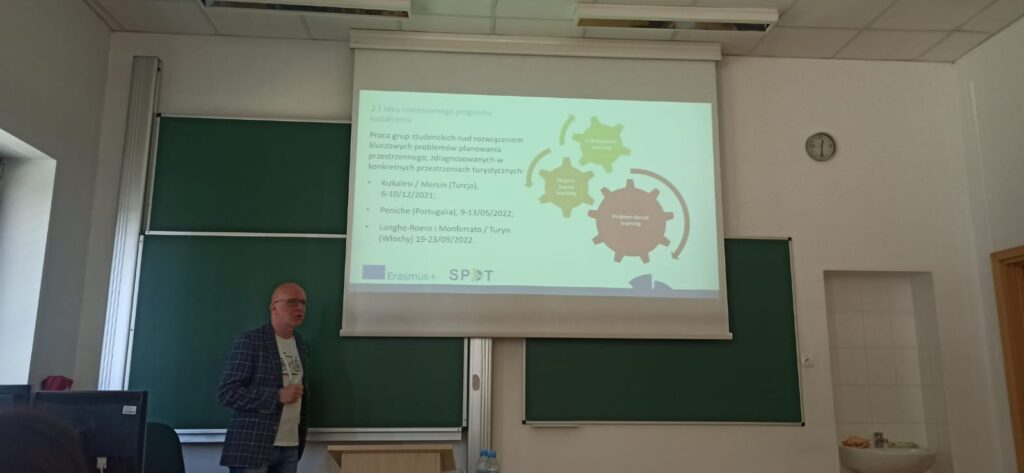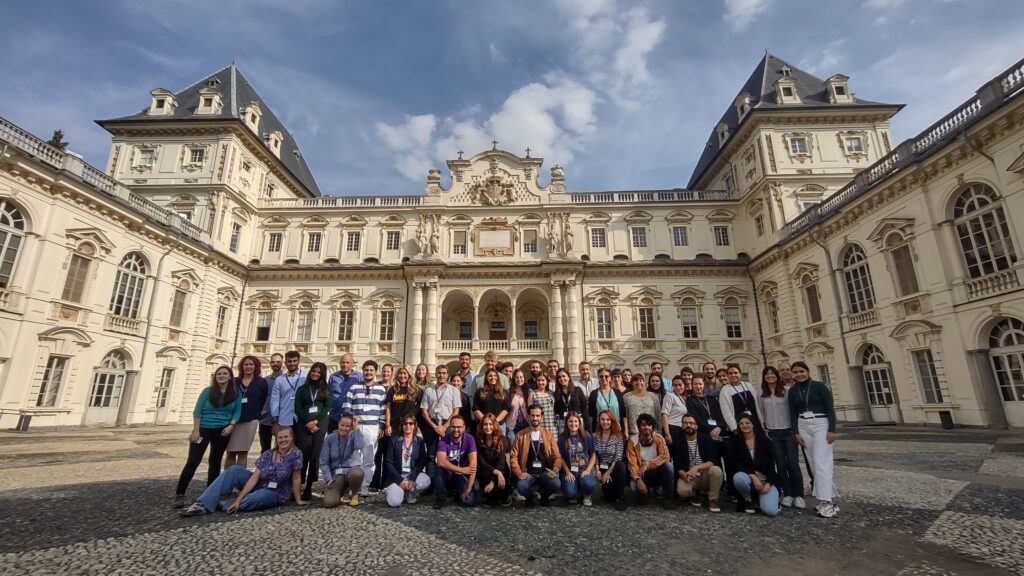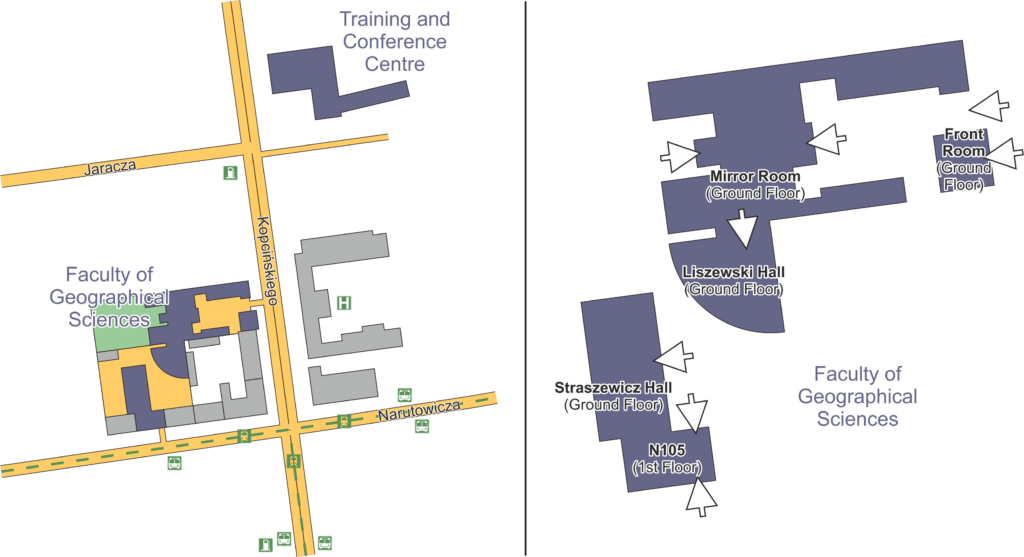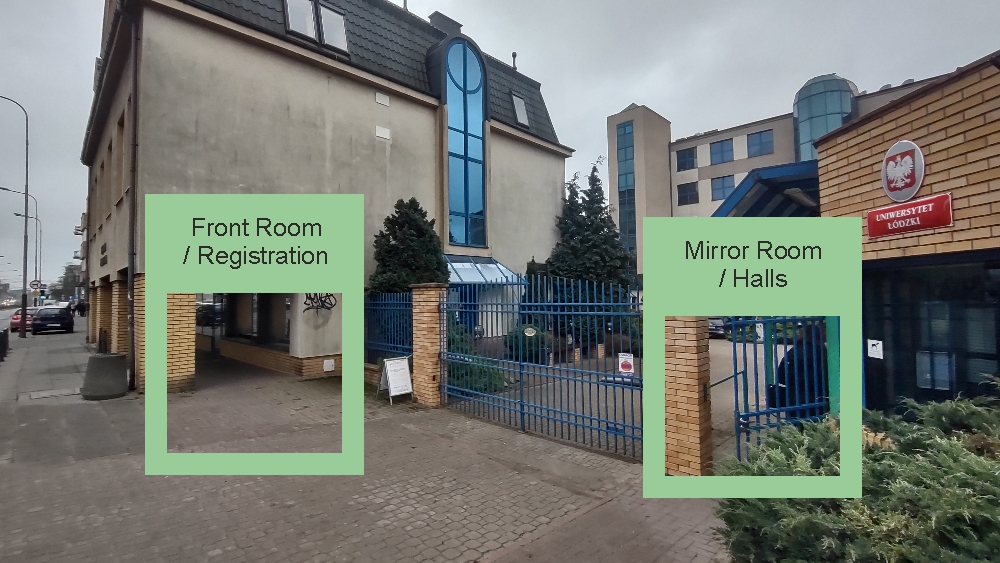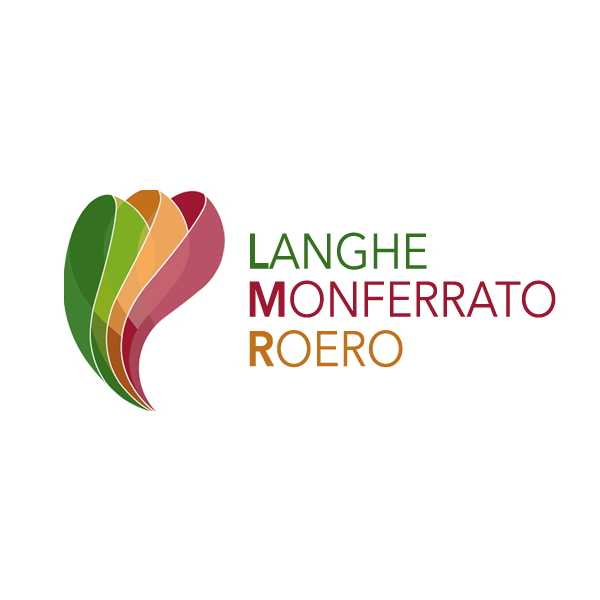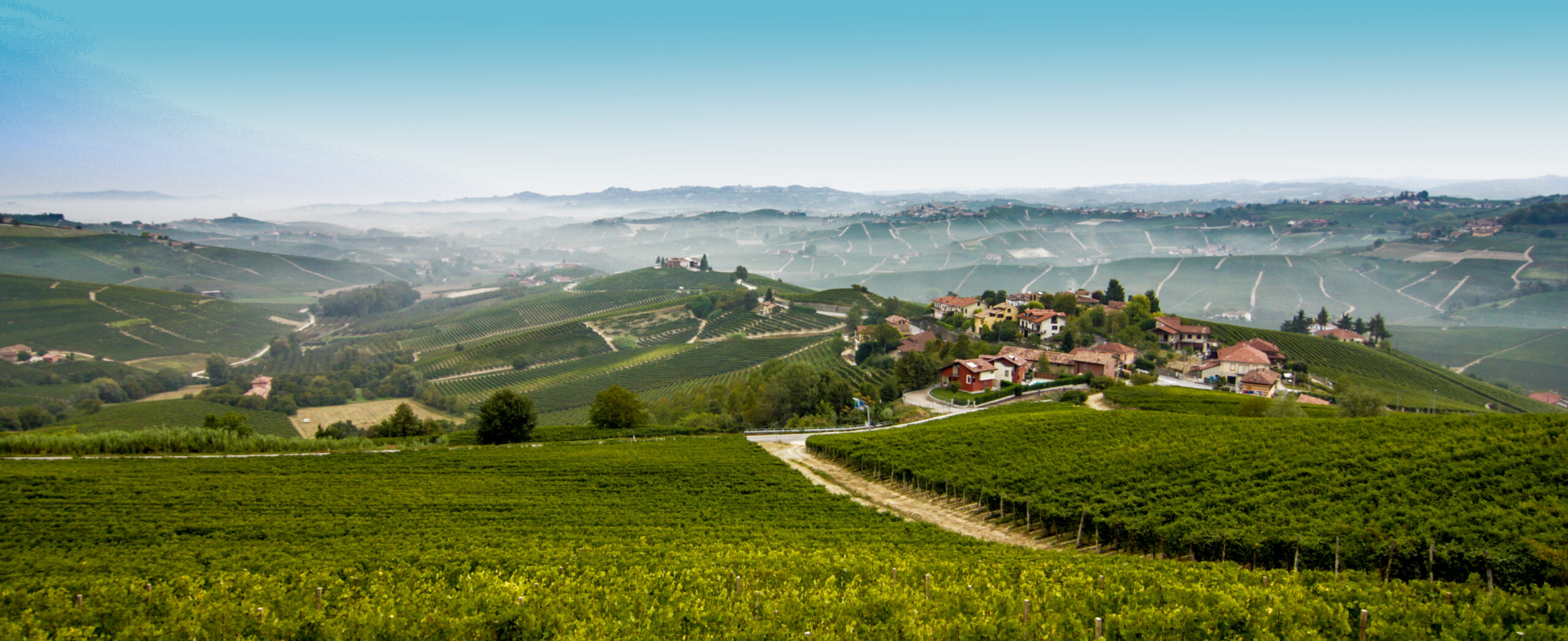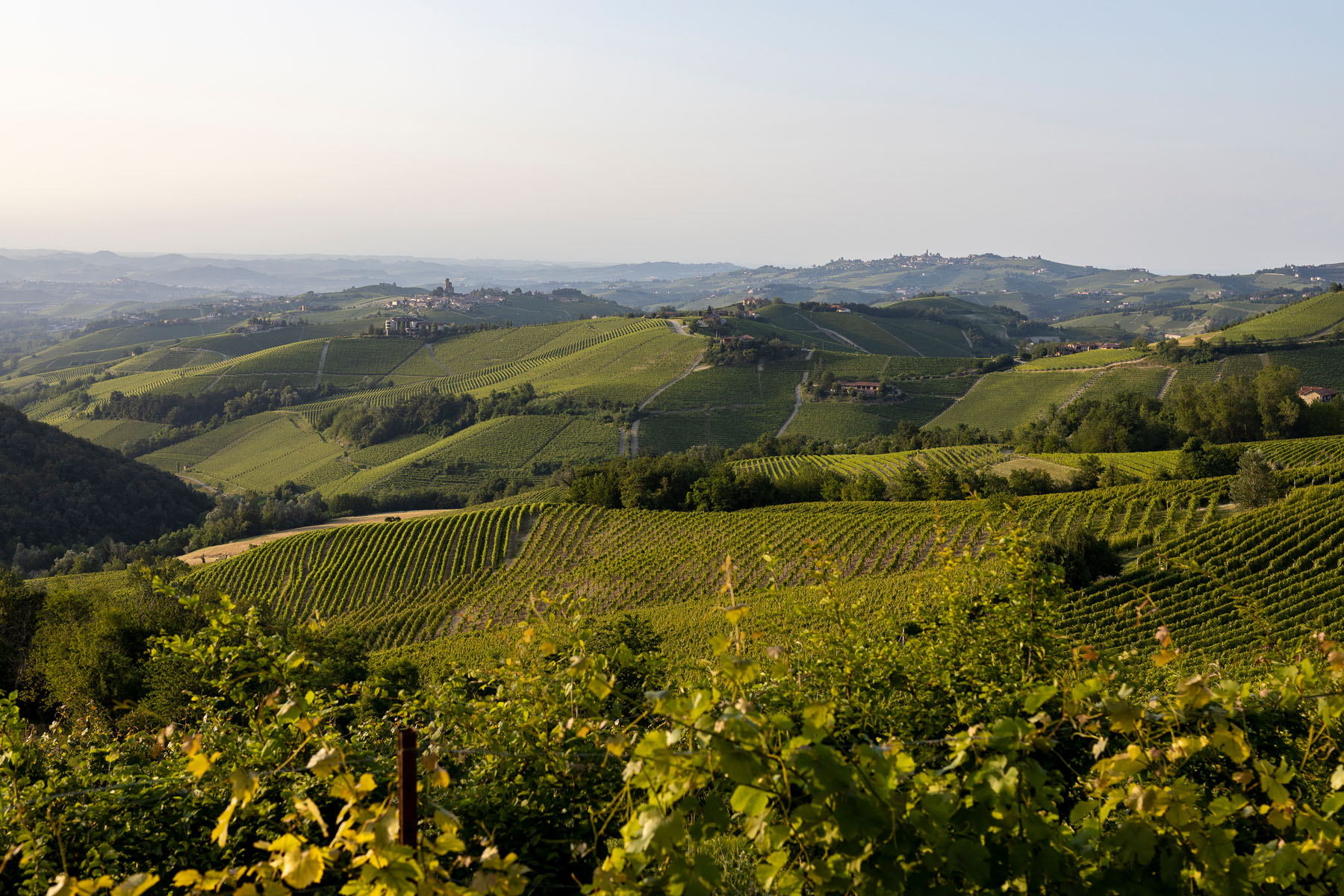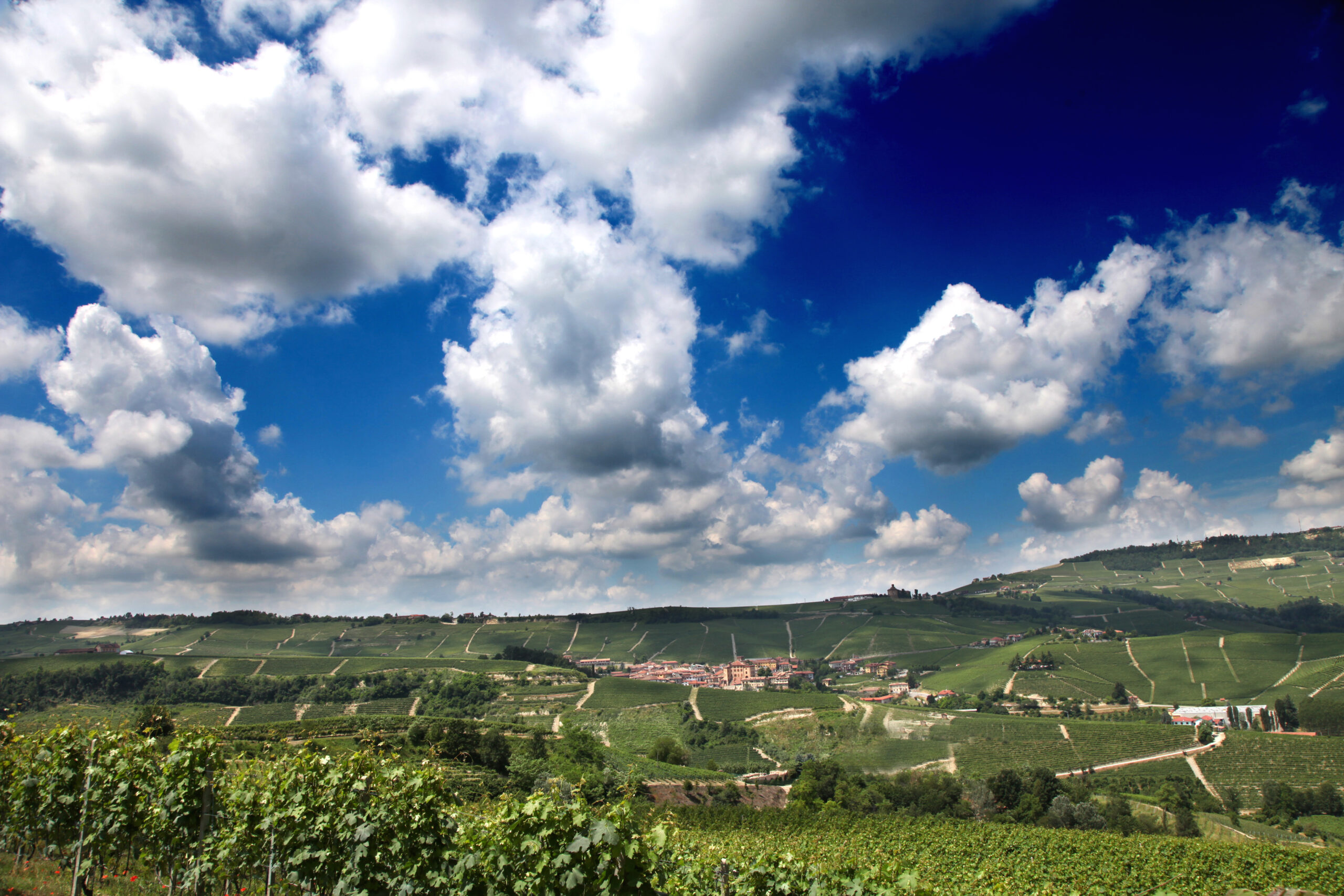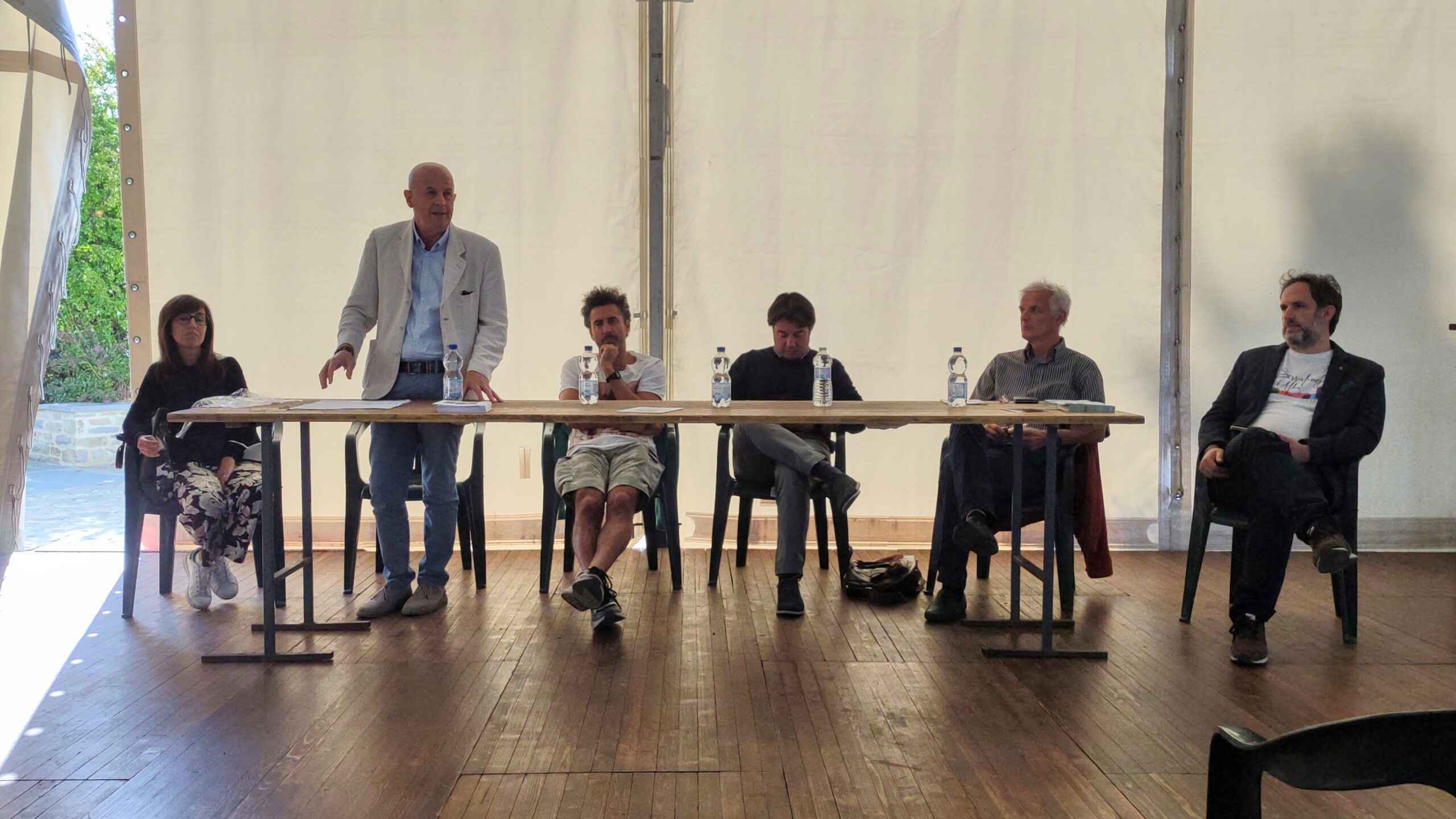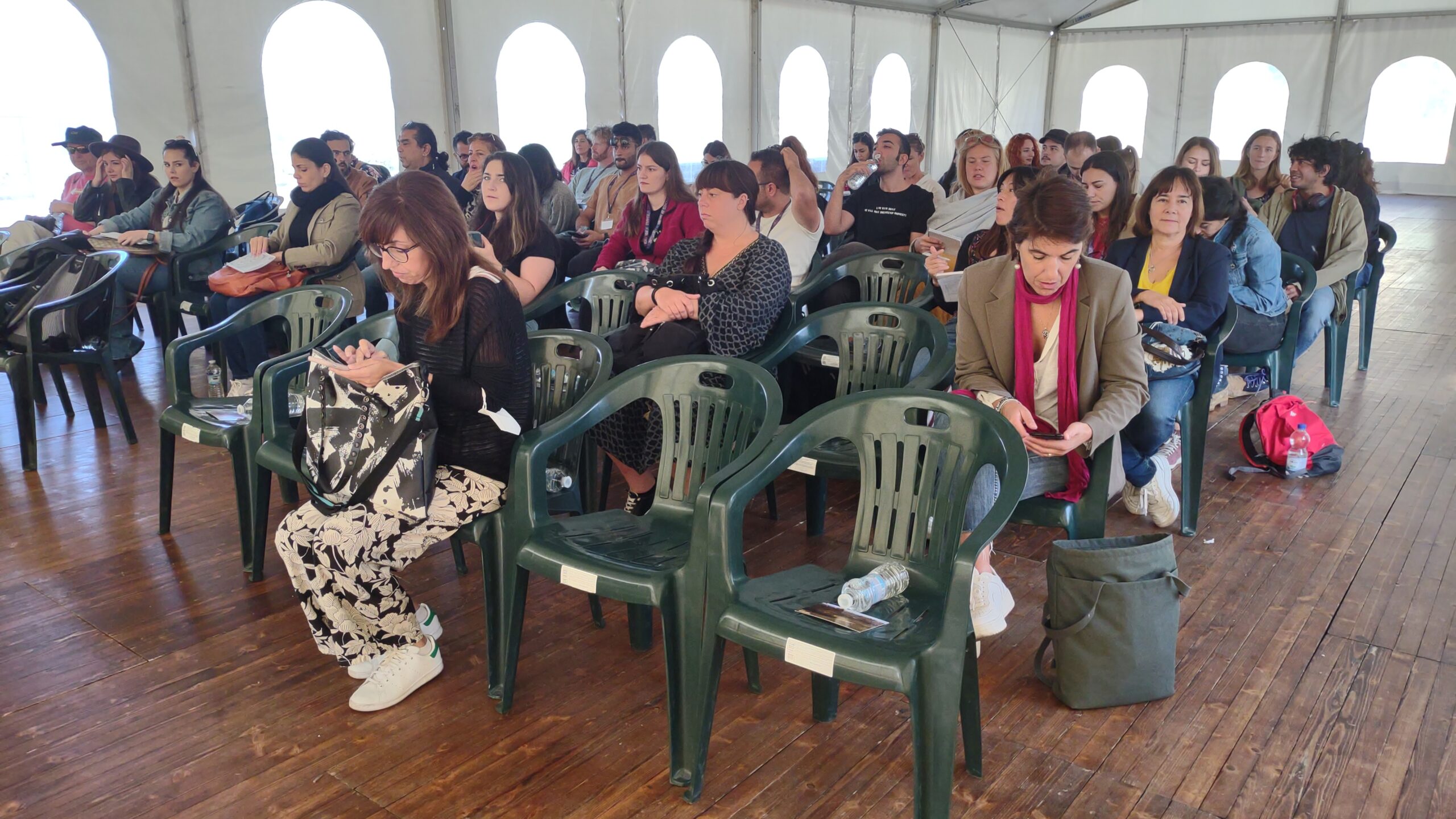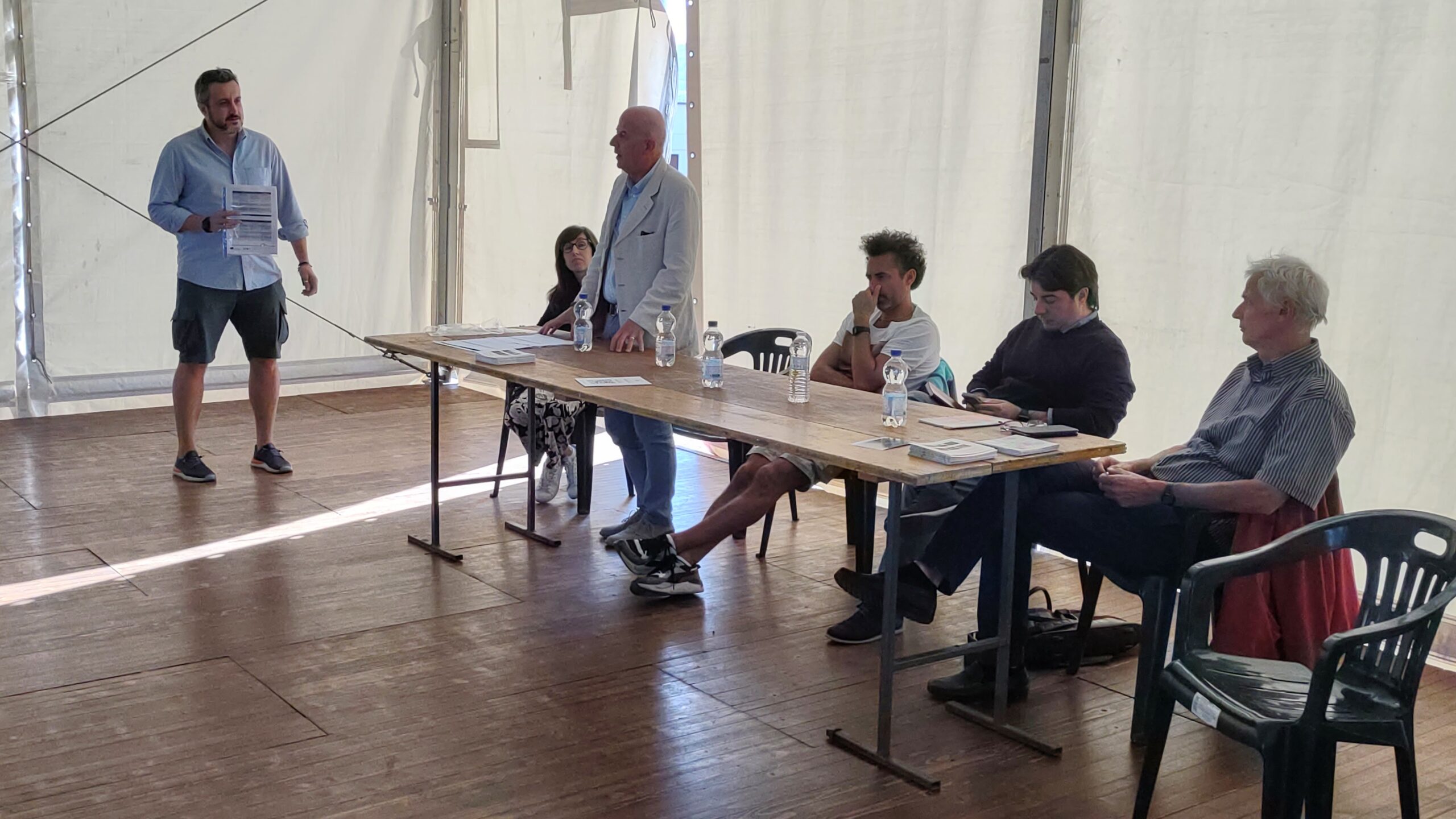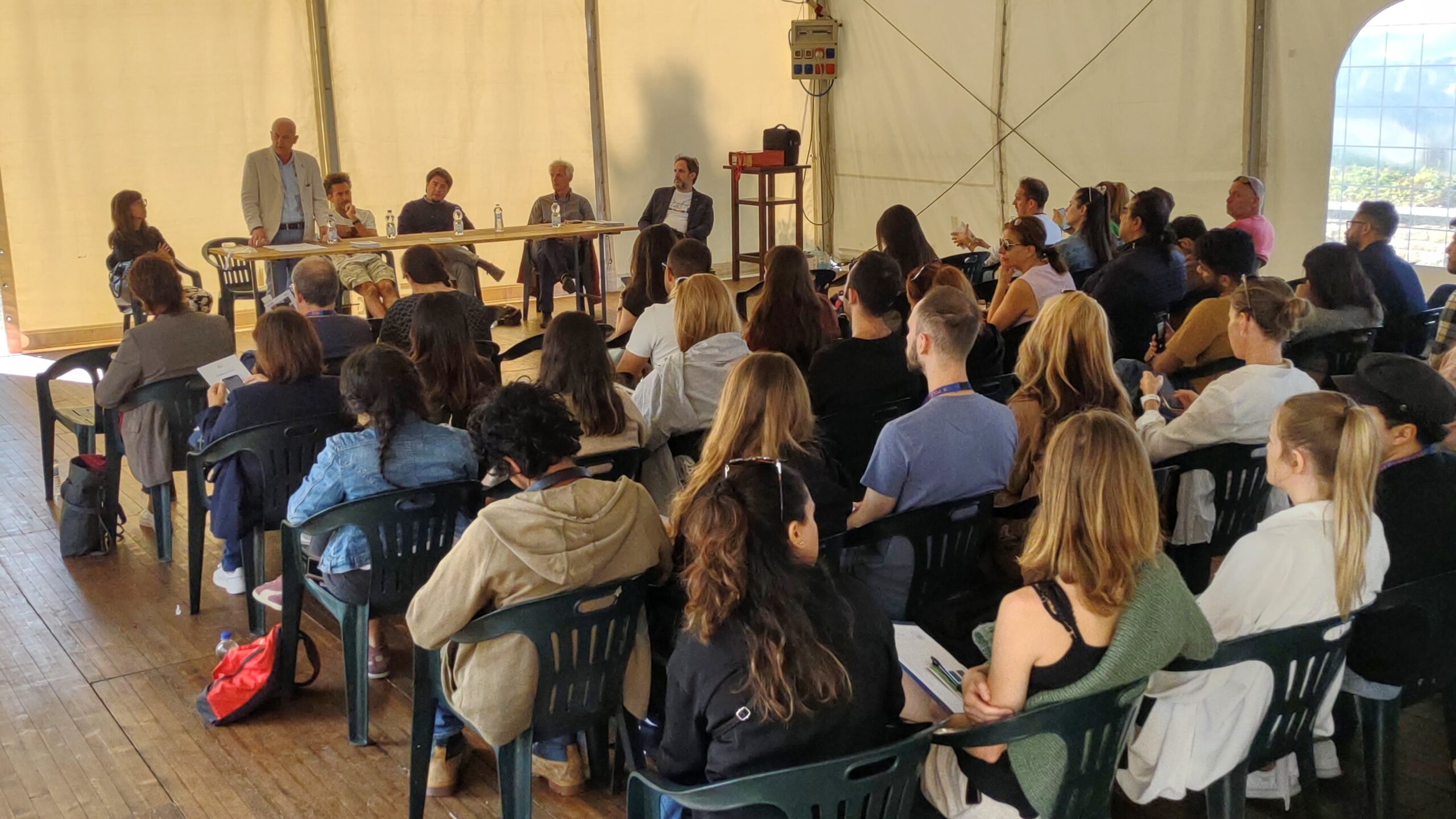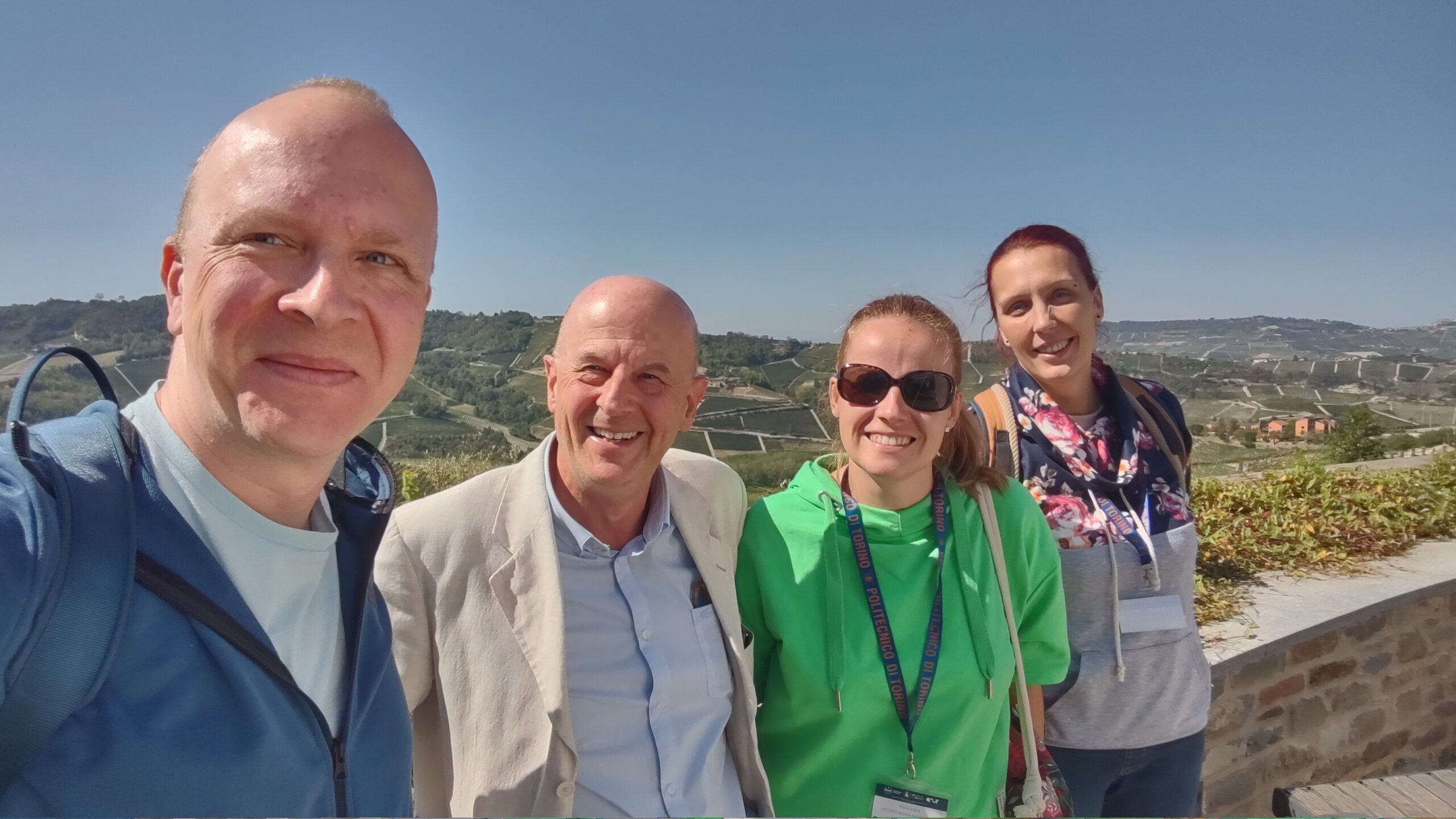On Tuesday, September the 20th, 2022, students and researchers from the SPOT project had the opportunity to participate in a session called ‘Locals talking’ organized by the Interuniversity Department of Regional and Urban Studies and Planning of Politecnico di Torino. The session took place in Serralunga d’Alba, and was moderated by Prof. Giancarlo Cotella. In this occasion, they have been discussing the challenges and opportunities for a more sustainable development of tourism activities in the area Langhe-Roero and Monferrato.
The following stakeholders participated in a session: Aldo Buzio (Ideazione Srl), Claudio Boasso (President of Pro Loco Association of Serralunga d’Alba), Dr. Sergio Moscone (Major of the Serralunga d’Alba Municipality), Enrico Rivella (ISMEA RRN), Enrico Rivetto (Wine producer), and Silvia Soldano (LINKS Foundation).
We were introduced to the area by the President of Serralunga d’Alba Pro Loco Claudio Boasso. Pro Loco is municipal’s spin-off responsible for local development, including tourism. One of the recent concerns of this agent, especially in the recent years when the tourism fluxes have been increasing incrementally, is to make tourism development more sustainable.
Tourism and enogastronomy are the basis for economy of the area. For example, in Serralunga d’Alba, a town inhabited by approximately 500 people, are located as many as 30 wine cellars, and another 50 wine enterprises have acquired vineyards on the territory of the municipality. During last years, tourism has not only increased, but it has significantly changed. This is the result of wine tourism development supported by investments in the development of activities that runs in parallel to the latter, as well as to alternative transportation facilities to better link and interconnect the area. Buying vine is no longer the only purpose of visiting the area, and the region is no longer targeting only one-day visitors. Foreign tourists are hosted mostly during summer for longer stays, Italians are accommodated here mostly during weekends. Autumn is the period preferred by tourist interested in enogastronomy. It is worth to mention that, in the same days as our study visit, the case study area of Langhe-Roero and Monferrato is hosting the UNWTO global conference on enogastronomy tourism.
The meeting with local actors started with the welcome speech by Dr. Sergio Moscone, Major of the Serralunga d’Alba. Then, all local stakeholders had a chance to present themselves and their view on the challenges that prevent a more sustainable development of tourism activities in the case study area. After a first roundtable, the speakers were interacting the researchers and students from the SPOT team, answering their questions and further elaborating their thoughts.
Silvia Soldano represents LINKS Foundation and was part of the technical advisory team preparing the application of the case study area to the UNESCO World Heritage Site list. She argued that during the application stage, the knowledge about the local exceptional identity and heritage was taken directly from the local stakeholders. She explained that the assessment of the tourism carry capacity is one of the activities recommended by the UNESCO. Thanks to the analysis done, we know that the local inhabitants do not aim to mass tourism, as wouldn’t feel comfortable with shuttle busses bring hordes of tourists to the area. They are rather interested in a more diffuse and sustainable tourism, that spread around the area in a softer way.
In a further discussion it was explained that tour operators organize in the region of Langhe-Roero and Monferrato educational tours mainly. The main target are schools rather than other groups. The reason that other markets are not considered is that mass tourism is seen as unsustainable. Thanks to the work of a destination management organization (DMO), the shift from big international groups towards family tourism has already happened. We were explained that in Italy, DMOs are private institutions owned by tourism enterprises and actors. However, the DMOs operate on a regional level. At the local level, responsibilities of DMO are covered by Pro Loco. However, tourism is not the only focus of this type of agency.
Enrico Rivetto is a local owner of vineyard, understanding his role through a rather innovative approach. When the case study area became very popular, he realized that ‘green’ and ‘sustainability’ are just empty words. According to his perspective, before talking about tourism and sustainability, we should ask ourselves what can we do individually to change the status quo. “How I can change my vinery” was the very first question that Enrico Rivetto asked himself. He believes that changing our small worlds can make the whole world better. “We are what we do!”. He argued that the revolution which is expected in terms of environmental issues is rather going to occur as the sum of individual decision, than as the consequence of a collective effort piloted from the top down. However, local aggregation of like-minded individuals from the bottom-up is crucial to upscale the result of their action-
Aldo Buzio, the project managet of Ideazione consultancy company, contribute to orient the development of tourism activities in the area by offering services for local spatial planning. The company is cooperating with already mentioned LINKS Foundation. For now, the focus of the company is to deliver tourism strategies for both cities and regions. Shift from broad holistic strategy of development to creation of tourism oriented plans and projects is the general idea of planning supported by the company.
Enrico Rivella work is to make agricultural activities more sustainable, mainly in terms of environmental sustainability. Sustainability of cultivation is one of the issues important from the perspective of the case study area of Langhe-Roero and Monferrato. Cultivation of grapes contributes to the cultural landscape protection. However, excessive increase of cultivation results in some risks affecting the traditional landscape, e.g. deforestation and soil erosion. The situation of the soil is getting worse, due to both excessive cultivation and climate change. “Respect the land!” Enrico Rivella said. The experience of food and vine is place-embedded, and comes from a thorough understanding of local environmental conditions and traditions. There is no outstanding tourism experience with no sustainability. The cultural landscape is a significant asset for tourism development and, as such, its quality must be preserved.
The President of the Pro Loco Claudio Boasso is also the owner of vineyard. He argued that sustainability is an impellent problem of the area. There are a lot of anticipatory experiences towards a more sustainable production of wine that should be confronted and then combined. Synergizing and integration of various local actions is the main goal of the Pro Loco agency. It started in late 1970’s when trying to apply integrated approach when selling vine on international markets. And is now focusing on the promotion of an integrated tourist offer. “Were to go”, and “what to do” are the main questions asked by tourist to the Pro Loco agency. In this light, to link and jointly promote all the activities and assets that the territory offer is becoming a more and more central aim.
Potential clashes between tourism, local development and landscape protection were discussed. However, the excessive concentration of tourism in particular places and times is neither evidenced nowadays, nor expected in the future. On the other hand, local actors argued that any development of the infrastructure aimed at increasing tourism accessibility should be developed keeping in mind the preservation of environmental and landscape values.
Broad understanding of the local reality and its many challenges is a must. It is not possible to solve them from a narrow perspective. Biodynamic agriculture is to rebuild an efficient and balanced agriculture organism. Financial resources are a very serious problem as well. If the land is extremely expensive, it is not easy to motivate farmers to differentiate the production, and to divide the area of cultivation into many different species, which is the foundation of biodynamic farming. However, biodynamic farming is against mainstream economy. Thus, with no change of the development paradigm, it would be difficult to change anything inside the economic system. A similar balance should be achieved when talking about tourism.
From the perspective of mayor, to improve the present situation is a rather complex task, that should be tackled through multiple, parallel perspectives. Care of inhabitants and their needs, care of agriculture, and care of cultural landscape which is already appreciated by the UNESCO are the most important concerns of the area. Cultural activities are unfortunately developed for tourists, with limited focus on locals. So, cultural tourism has a significant potential. However, participants of the session complained that this kind of offer could be more oriented on inhabitants of the area.
